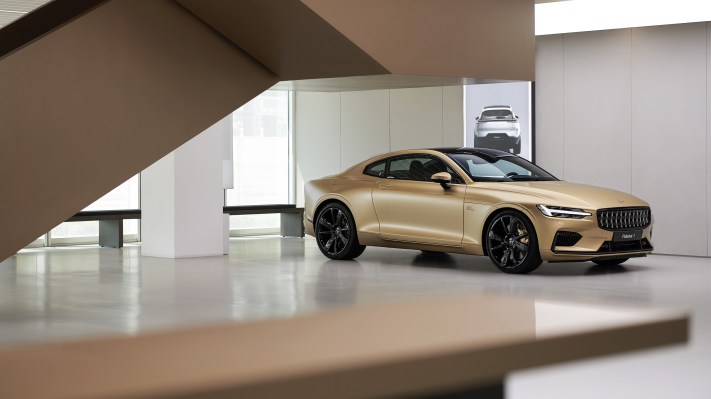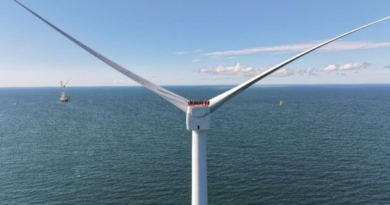Polestar and Xingji Meizu join forces to create tailored OS for Chinese EVs

Swedish electric vehicle maker Polestar has formed a joint venture with Xingji Meizu, a mobile phone and consumer electronics company, to build an operating system for Polestar cars sold in China.
In the rest of the world, Polestar has integrated Google’s Android Automotive OS into vehicles to power its infotainment systems. Google has very little market share in China, though, in large part because the government has restricted its use. The tie-up with Xingji Meizu shows how important China — the leader in EV sales — is to Polestar.
Xingji Meizu’s founder is Eric (Shufu) Li, the founder and chairman of Chinese auto giant Geely. The company has attempted over the last decade to become a Chinese rival to Android. Xingji Meizu’s Flyme Auto OS will be integrated into several EVs, including Geely’s Lynk & Co 08.
“China is one of the fastest growing EV markets in the world. It’s also a market with very specific consumer trends, including increasing levels of integration between consumer electronics devices and vehicles,” said Thomas Ingenlath, Polestar CEO, in a statement. “By partnering with a company that has a strong complementary competence to our own, we will be able to offer the locally tailored user experience that both drivers and passengers expect.”
Through the JV, the companies will further develop Flyme Auto into a seamless OS for Polestar cars sold in China that includes in-car apps, streaming services and intelligent vehicle software. Polestar hinted at building out a digital ecosystem that will include mobile and augmented reality devices.
Polestar, which is also owned by Geely, expects to transfer around 130 commercial staff in China to the new company, which will be the sole entity to handle Polestar sales and service in the country. Polestar will own 49% of the JV, with the remaining 51% owned by Xingji Meizu. The Chinese company will arrange future financing beyond the initial capital provided by Polestar and Xingji Meizu.
In May, Polestar said that the final software development of its new all-electric platform shared by Volvo Cars was delayed, which pushed back start of production of Polestar 3 to the first quarter of 2024. This brought down Polestar’s expected global volumes to about 60,000 to 70,000 vehicles. Polestar still expects to start production for the Polestar 4 in China in the fourth quarter of 2023, and other markets in early 2024.
Building software-defined vehicles is hard, which is why automakers are expanding their reach to try to keep up with the range of safety, navigation, voice assist and entertainment features expected of new EVs today. General Motors recently hired Apple executive Mike Abbot to head up its software division. GM aims to bring software development in house and launch revenue-generating digital services and features for its customers.



